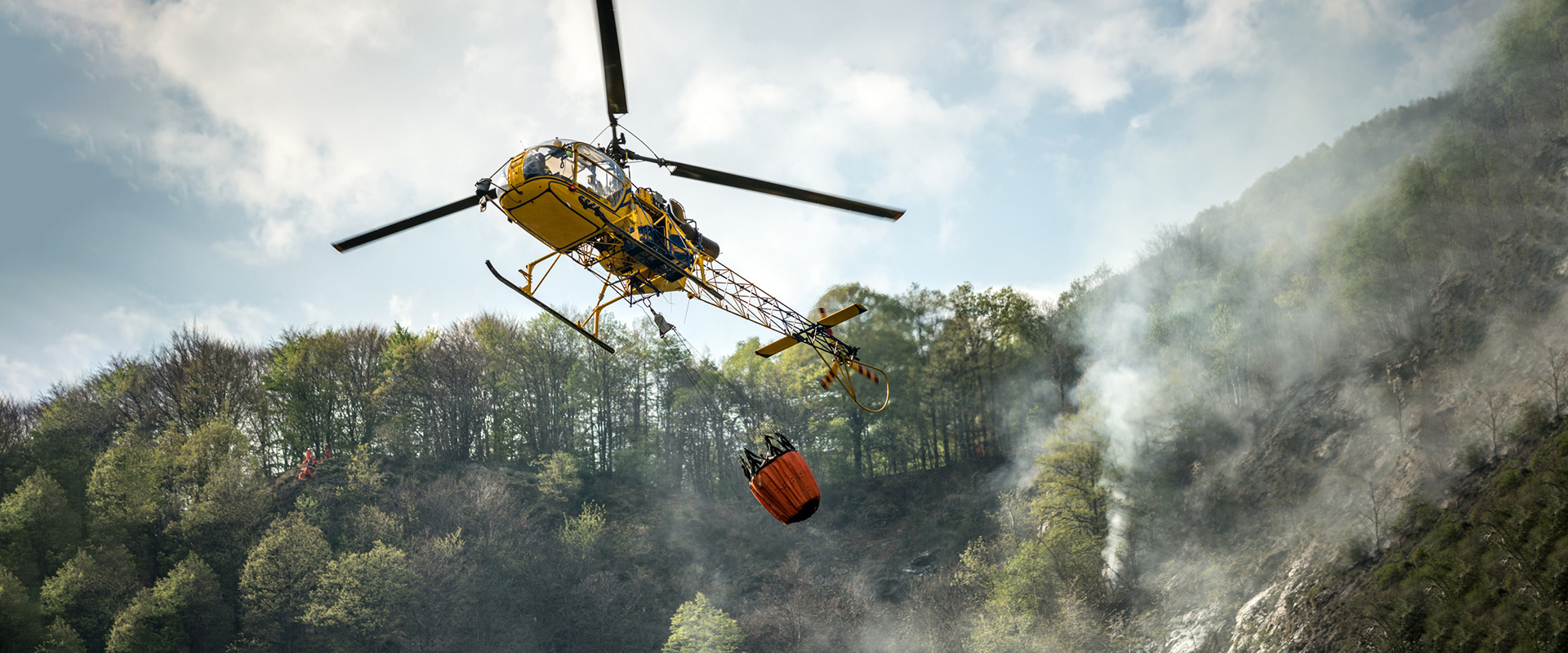Looking after your health during a bushfire
Article8 December 2023
If you or someone you know has been impacted by the recent bushfires, here are some ways to look after your health and stay safe.
Prepare yourself
Bushfires can spread rapidly without warning. So even if there’s no immediate threat to your home, there are things you can do now to prepare yourself, such as:
- Discuss a bushfire plan with your loved ones, including where you would go in the event of an evacuation or if you get separated.
- Pack an emergency supply kit with essentials (including full water bottles, non-perishable food, prescription medications and ‘P2’ facemasks) in case you need to leave your home in a hurry.
- De-risk your home by clearing gutters of leaves and other debris, trimming back any overhanging trees, and ensuring you have a working hose.
You can check your readiness for bushfires and receive a customised action plan using the Australian Government’s free Bushfire Resilience Rating app.
Review your home insurance
Ensure you have adequate home insurance that includes bushfires, with a sufficient level of cover to replace your contents and pay for a full rebuild of your home if required. Building costs have risen significantly in recent years, so talk to a builder if you’re not sure how much cover you may need.
Know the bushfire warning signs
The Fire Danger Ratings signs you see while driving explain the current risk of a fire starting and how best to respond. There are 4 levels of risk:
- Moderate – plan and prepare
- High – be ready to act
- Extreme – take action now to protect your life and property
- Catastrophic – for your survival, leave bushfire risk areas.
Follow evacuation advice
Is there are active bushfires in your area, stay informed and listen to local authorities, emergency services and ABC local radio for updates.
If the advice for your area is to evacuate, do so as soon as you safely can – taking your emergency kit with you. Once you’ve evacuated, you should not return to your home until you are advised it is safe to do so.
Look after your physical health
Even if your home isn’t directly impacted by bushfires, the smoke from fires can cause problems for many people – particularly those with asthma, respiratory or heart conditions, people who are pregnant or the elderly.
To minimise your risk of smoke-related health issues, keep your windows closed and use a re-circulating air conditioner while you’re inside. If you have to be outside for extended periods, wear a ‘P2’ facemask that provides an air-tight seal around the mouth and nose.
Look after your mental health
You may find dealing with an unexpected event such as a bushfire quite traumatic. Recovery can take a long time and have impacts on your mental health. Talk to family members and friends about how you are feeling and reach out to your GP if feelings of sadness, anxiety or despair continue.
Claim as early as possible
If your home is damaged or destroyed by a bushfire, the sooner you notify your insurer and commence the claim process the better. Check with your insurer whether you’re eligible for an upfront emergency payment that can help cover short-term accommodation.
Seek support
Communities often pull together during times of crisis, so accept offers of help and in return look after your social health by assisting others where possible.
If you’re a OnePath customer, we are also here to support your financial health and help you get back on your feet. For more information visit Information for our customers affected by severe weather.
Reference and resources:
- What to do in the event of a bushfire:
https://insurancecouncil.com.au/articles/what-to-do-in-the-event-of-a-bushfire/ - Bushfires and your health:
https://www.healthdirect.gov.au/bushfires-and-your-health - Find disaster recovery services and support:
https://nema.gov.au/#/map - Bushfire Resilience Rating app:
https://nema.gov.au/stories/Bushfire-Resilience-Rating-App
